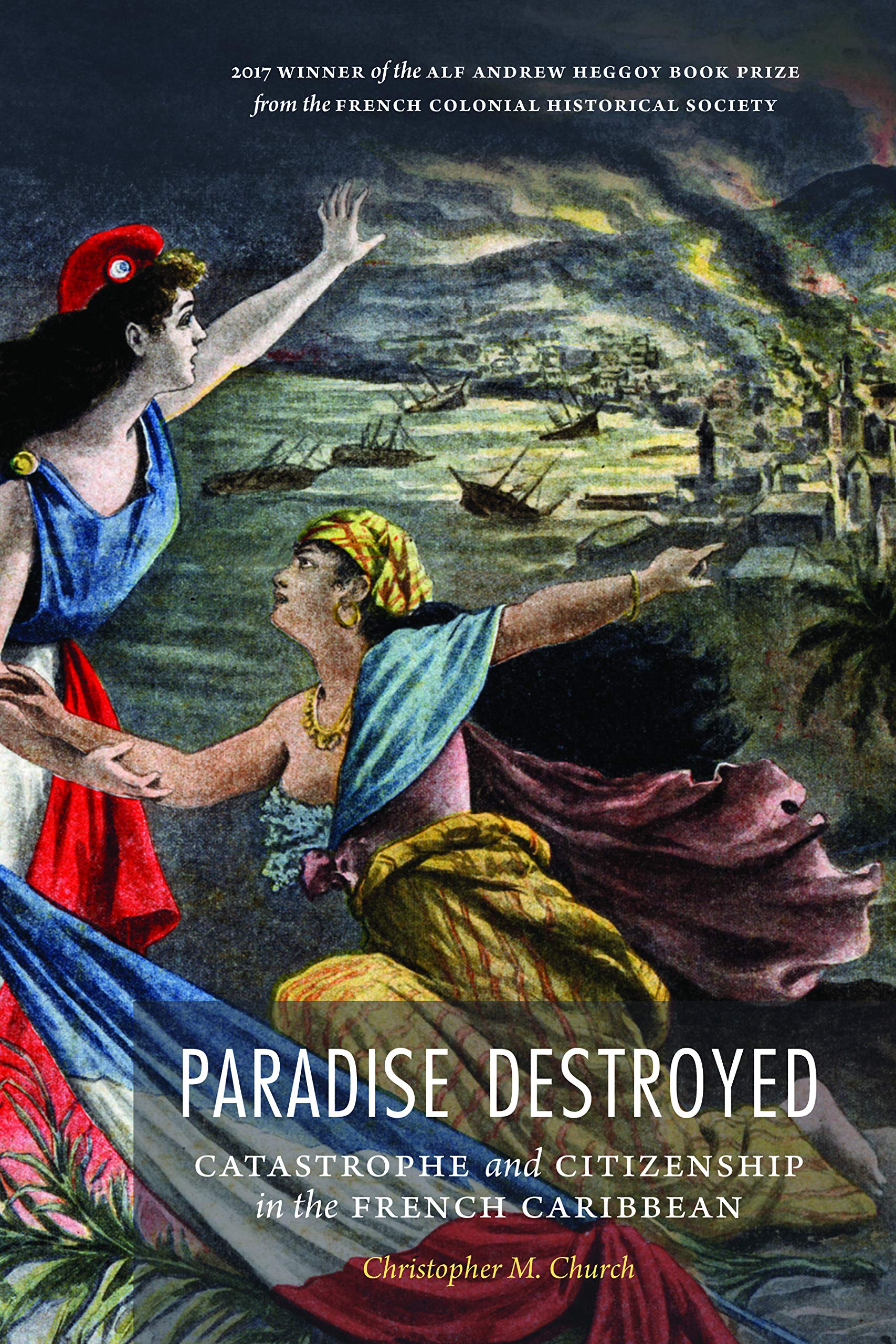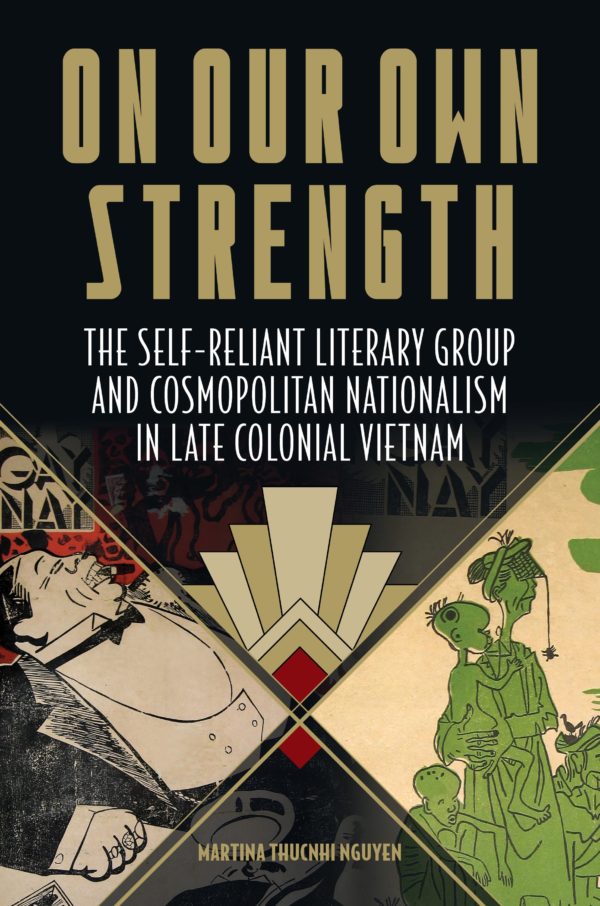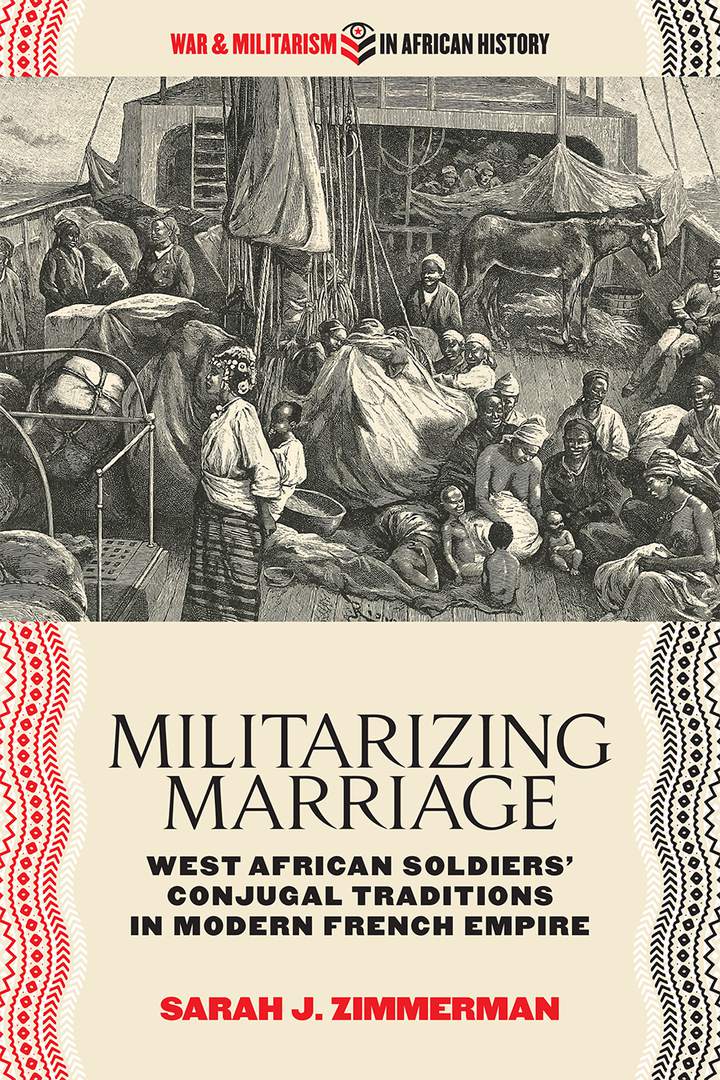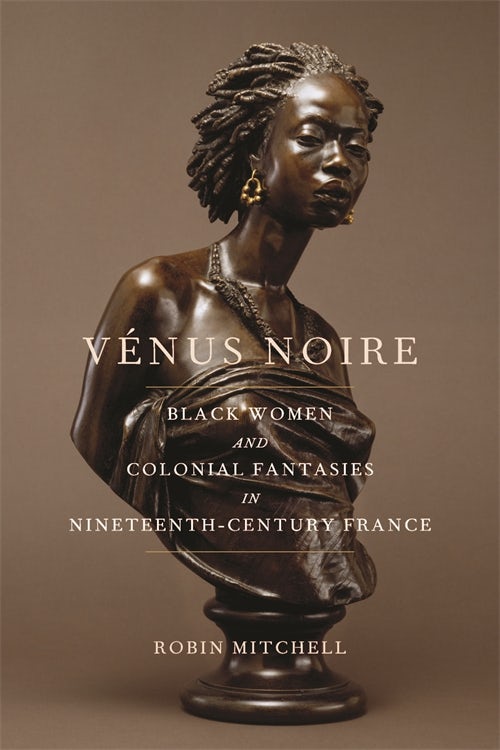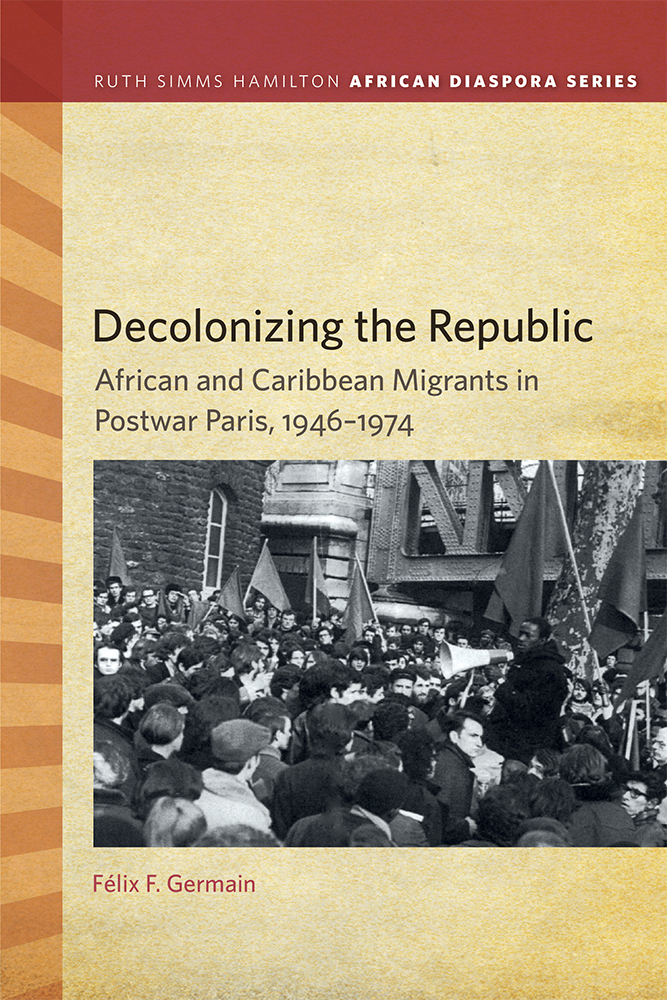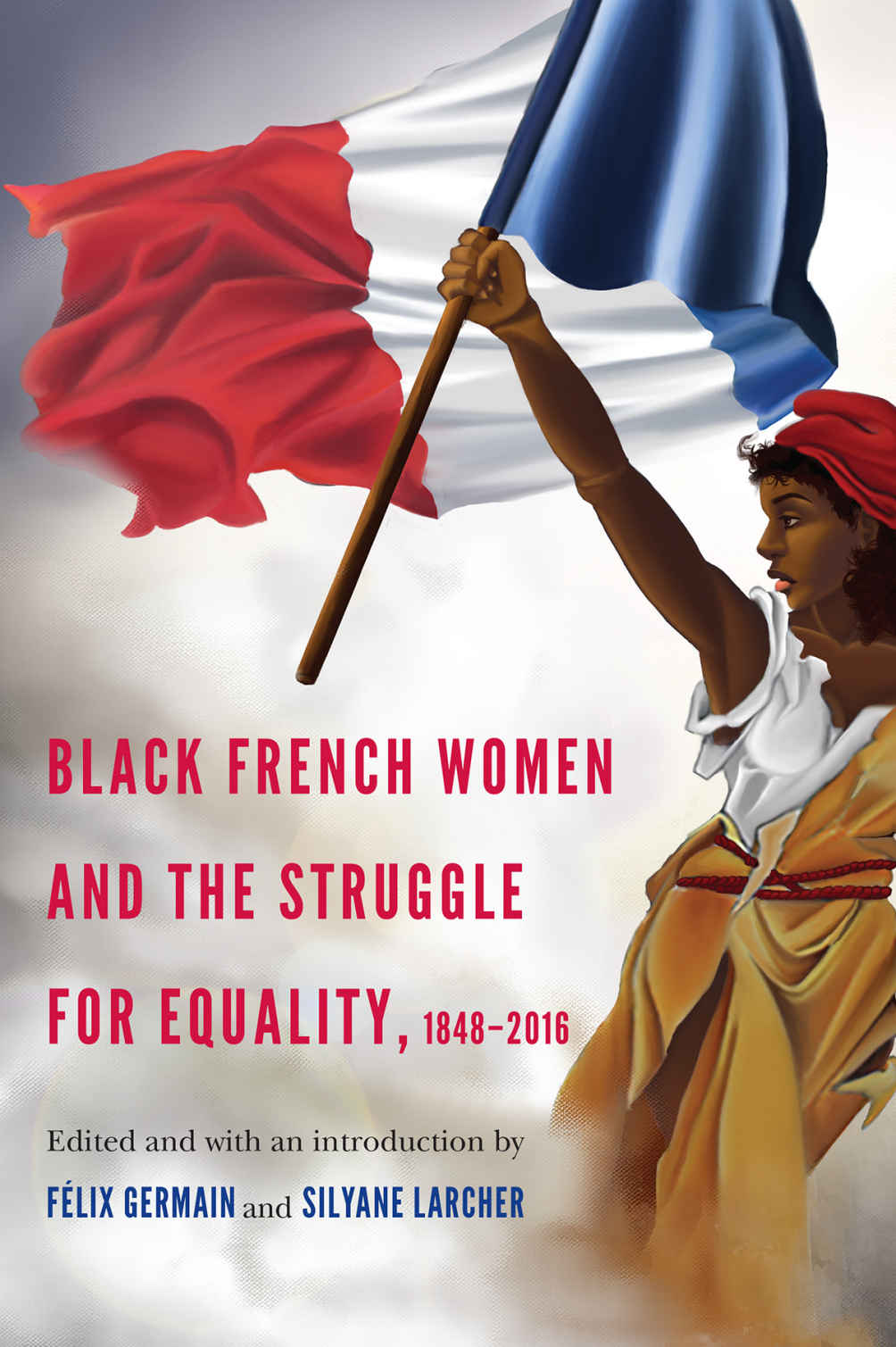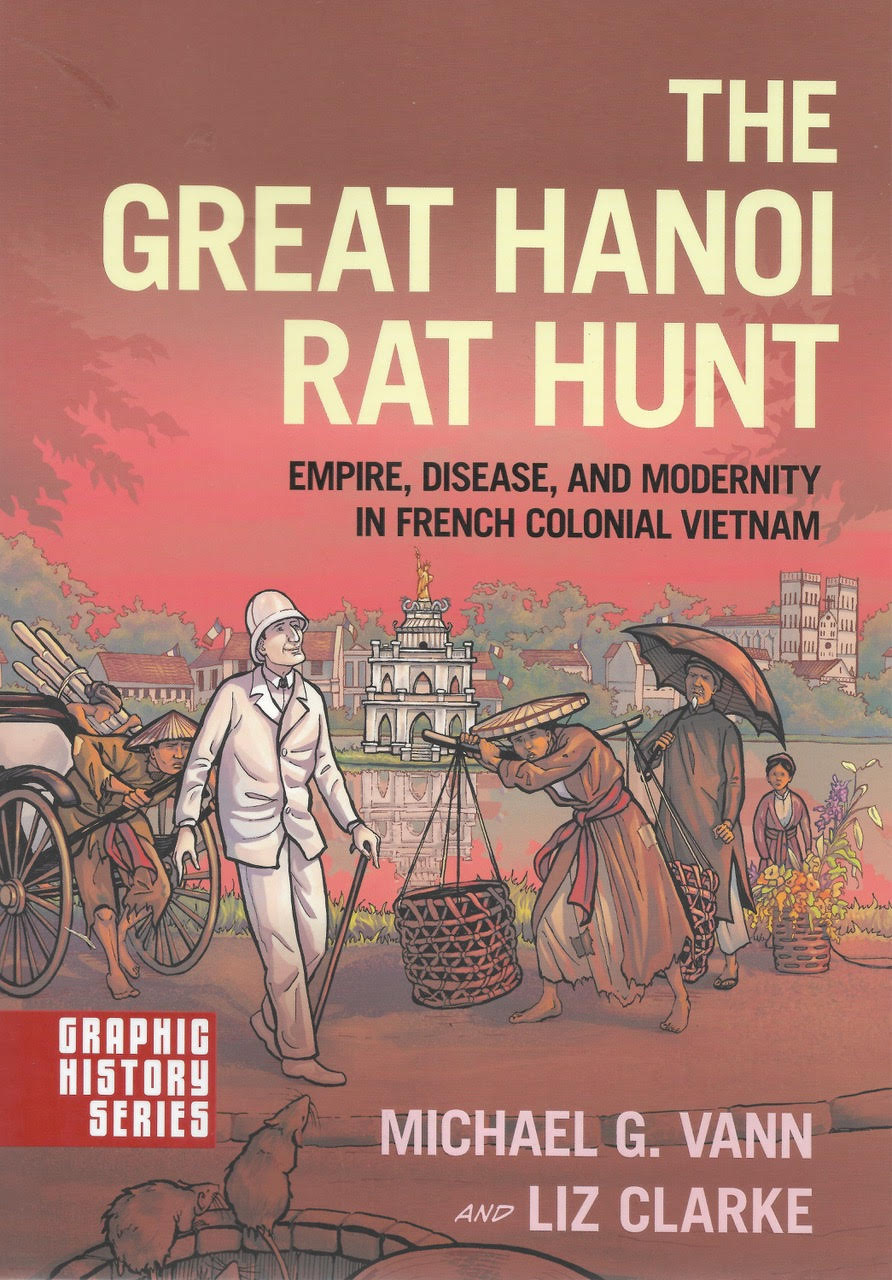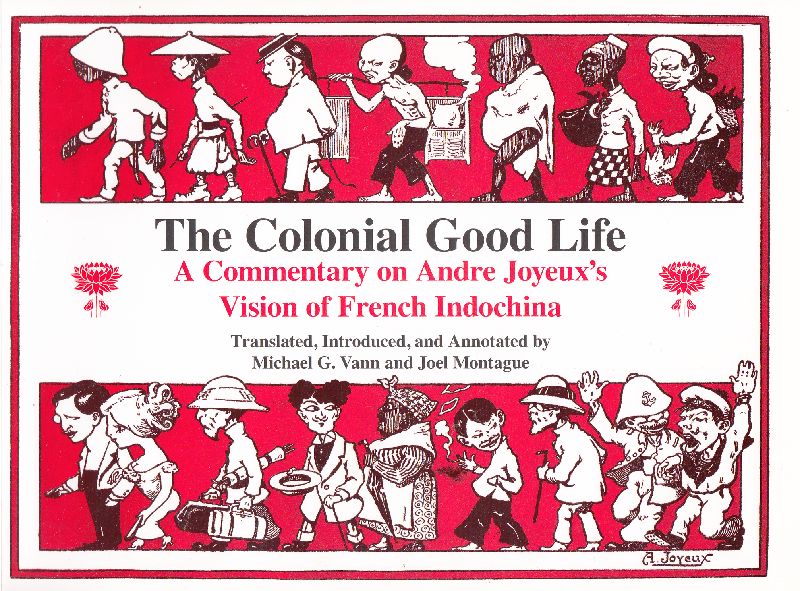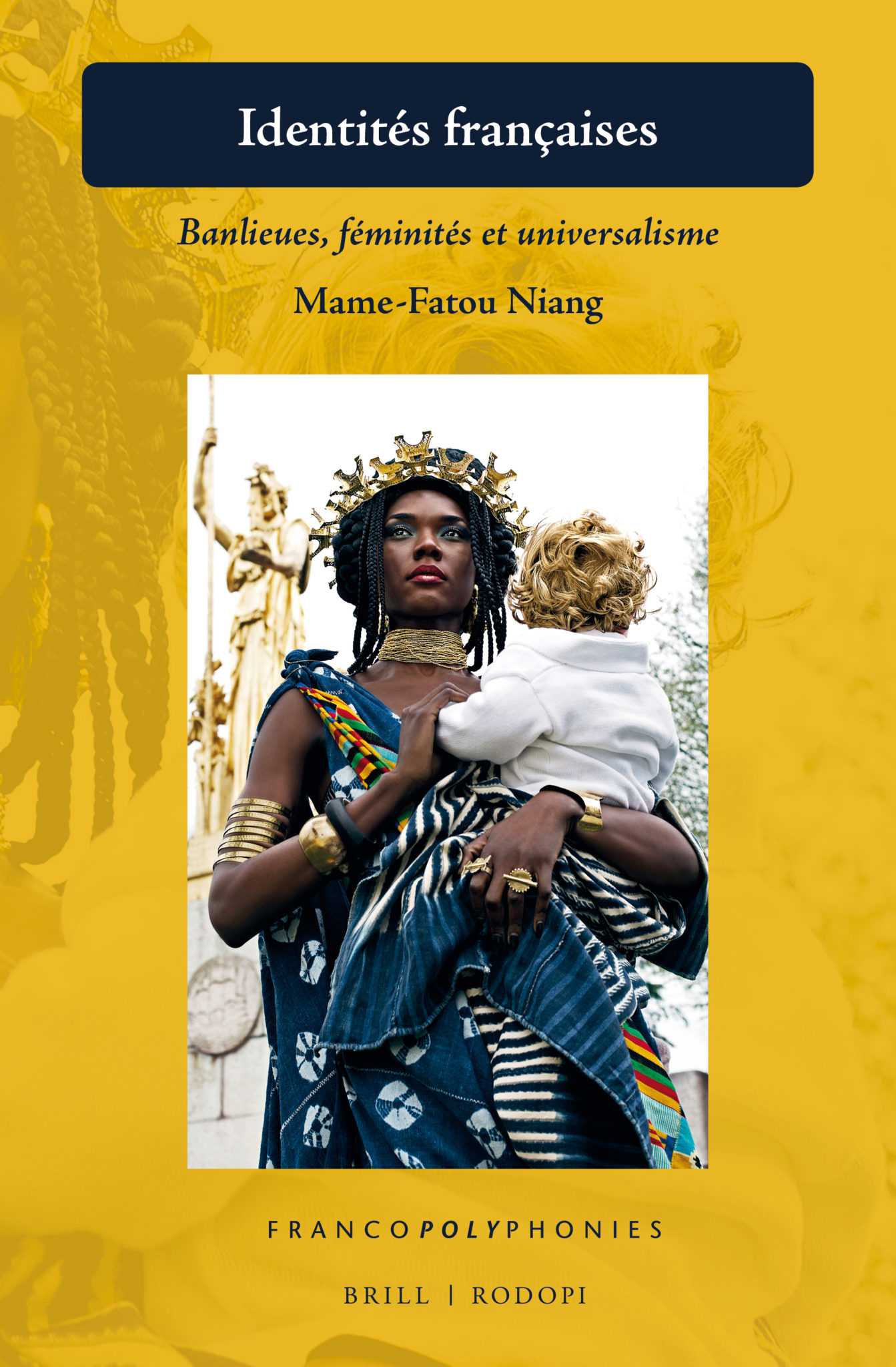Below you'll find some resources that either inspired Tyler's work, were influenced by it, or are otherwise relevant to the study of race in France. Do you have resources you'd like to contribute to this page? Let us know here.
Books authored by Prof. Stovall's former students
Over a span of thirty years in the late nineteenth and early twentieth centuries, the French Caribbean islands of Martinique and Guadeloupe endured natural catastrophes from all the elements—earth, wind, fire, and water—as well as a collapsing sugar industry, civil unrest, and political intrigue. These disasters thrust a long history of societal and economic inequities into the public sphere as officials and citizens weighed the importance of social welfare, exploitative economic practices, citizenship rights, racism, and governmental responsibility.
Paradise Destroyed explores the impact of natural and man-made disasters in the turn-of-the-century French Caribbean, examining the social, economic, and political implications of shared citizenship in times of civil unrest. French nationalists projected a fantasy of assimilation onto the Caribbean, where the predominately nonwhite population received full French citizenship and governmental representation. When disaster struck in the faraway French West Indies—whether the whirlwinds of a hurricane or a vast workers' strike—France faced a tempest at home as politicians, journalists, and economists, along with the general population, debated the role of the French state not only in the Antilles but in their own lives as well. Environmental disasters brought to the fore existing racial and social tensions and held to the fire France’s ideological convictions of assimilation and citizenship. Christopher M. Church shows how France’s “old colonies” laid claim to a definition of tropical French-ness amid the sociopolitical and cultural struggles of a fin de siècle France riddled with social unrest and political divisions.
On Our Own Strength examines the political activities of the most influential intellectual movement in interwar French-occupied Vietnam. The far-reaching work of the Self-Reliant Literary Group (Tự Lực Văn Đoàn) included applied design, urban reform, fashion, literature, journalism, and cartoons; its work was deeply political in both form and intent. The Group drew upon a wide range of global intellectual currents and practices to build an enlightened public that would one day serve as the basis of a modern Vietnamese nation. Its nationalist vision sought a nonviolent middle path between colonialism and anticolonial struggle, advocating a process of gradual decolonization that ultimately ended in Vietnamese autonomy. This form of cosmopolitan nationalism proved tremendously popular among ordinary Vietnamese and necessarily shaped local politics, influencing the political agenda of even rival groups such as the newly revived Indochinese Communist Party (ICP). On Our Own Strength shows how the Group’s vision framed the ways ICP positioned itself and sought popular support in the years leading up to the August Revolution and beyond. In later years, the party attempted to erase the Group’s early influence on national politics, banning their writings and casting them as little more than bourgeois literary figures. In recovering the Group’s unique response to the world around them, this book bridges the areas of political, cultural, and intellectual history, drawing them together into a rich narrative of Vietnamese nation-building from the bottom-up within a larger global context.
Following tirailleurs sénégalais’ deployments in West Africa, Congo, Madagascar, North Africa, Syria-Lebanon, Vietnam, and Algeria from the 1880s to 1962, Militarizing Marriage historicizes how African servicemen advanced conjugal strategies with women at home and abroad. Sarah J. Zimmerman examines the evolution of women’s conjugal relationships with West African colonial soldiers to show how the sexuality, gender, and exploitation of women were fundamental to the violent colonial expansion and the everyday operation of colonial rule in modern French Empire.
These conjugal behaviors became military marital traditions that normalized the intimate manifestation of colonial power in social reproduction across the empire. Soldiers’ cross-colonial and interracial households formed at the intersection of race and sexuality outside the colonizer/colonized binary. Militarizing Marriage uses contemporary feminist scholarship on militarism and violence to portray how the subjugation of women was indispensable to military conquest and colonial rule.
Even though there were relatively few people of color in postrevolutionary France, images of and discussions about black women in particular appeared repeatedly in a variety of French cultural sectors and social milieus. In Vénus Noire, Robin Mitchell shows how these literary and visual depictions of black women helped to shape the country's postrevolutionary national identity, particularly in response to the trauma of the French defeat in the Haitian Revolution.
Vénus Noire explores the ramifications of this defeat in examining visual and literary representations of three black women who achieved fame in the years that followed. Sarah Baartmann, popularly known as the Hottentot Venus, represented distorted memories of Haiti in the French imagination, and Mitchell shows how her display, treatment, and representation embodied residual anger harbored by the French. Ourika, a young Senegalese girl brought to live in France by the Maréchal Prince de Beauvau, inspired plays, poems, and clothing and jewelry fads, and Mitchell examines how the French appropriated black female identity through these representations while at the same time perpetuating stereotypes of the hypersexual black woman.
Finally, Mitchell shows how demonization of Jeanne Duval, longtime lover of the poet Charles Baudelaire, expressed France's need to rid itself of black bodies even as images and discourses about these bodies proliferated. The stories of these women, carefully contextualized by Mitchell and put into dialogue with one another, reveal a blind spot about race in French national identity that persists in the postcolonial present.
Decolonizing the Republic is a conscientious discussion of the African diaspora in Paris in the post–World War II period. This book is the first to examine the intersection of black activism and the migration of Caribbeans and Africans to Paris during this era and, as Patrick Manning notes in the foreword, successfully shows how “black Parisians—in their daily labors, weekend celebrations, and periodic protests—opened the way to ‘decolonizing the Republic,’ advancing the respect for their rights as citizens.” Contrasted to earlier works focusing on the black intellectual elite, Decolonizing the Republic maps the formation of a working-class black France. Readers will better comprehend how those peoples of African descent who settled in France and fought to improve their socioeconomic conditions changed the French perception of Caribbean and African identity, laying the foundation for contemporary black activists to deploy a new politics of social inclusion across the demographics of race, class, gender, and nationality. This book complicates conventional understandings of decolonization, and in doing so opens a new and much-needed chapter in the history of the black Atlantic.
Black French Women and the Struggle for Equality, 1848–2016 explores how black women in France itself, the French Caribbean, Gorée, Dakar, Rufisque, and Saint-Louis experienced and reacted to French colonialism and how gendered readings of colonization, decolonization, and social movements cast new light on the history of French colonization and of black France. In addition to delineating the powerful contributions of black French women in the struggle for equality, contributors also look at the experiences of African American women in Paris and in so doing integrate into colonial and postcolonial conversations the strategies black women have engaged in negotiating gender and race relations à la française.
Drawing on research by scholars from different disciplinary backgrounds and countries, this collection offers a fresh, multidimensional perspective on race, class, and gender relations in France and its former colonies, exploring how black women have negotiated the boundaries of patriarchy and racism from their emancipation from slavery to the second decade of the twenty-first century.
Learn more about Black French Women and the Struggle for Equality, 1848–2016 here.
The Great Hanoi Rat Hunt: Empire, Disease, and Modernity in French Colonial Vietnam tells the darkly humorous story of the French colonial state's failed efforts to impose its vision of modernity upon the colonial city of Hanoi, Vietnam.
Part of the Graphic Histories series, this book offers a case study in the history of imperialism, highlighting the racialized economic inequalities of empire, colonization as a form of modernization, and industrial capitalism's creation of a radical power differential between "the West and the rest." On a deeper level, The Great Hanoi Rat Hunt examines the contradictions unique to the French Third Republic's colonial "civilizing mission," the development of Vietnamese resistance to French rule, and the history of disease. Featuring forty-nine primary sources--many available in English for the first time--and three full-color maps, The Great Hanoi Rat Hunt illustrates the ironic and tragic ways in which modernization projects can have unintended consequences.
The Colonial Good Life: A Commentary on Andre Joyeux's Vision of French Indochina reproduces and analyzes a collection of crucial primary documents from the early twentieth-century. These simple yet rich visual sources provide us with a clever insight into the nature of the colonial order of things. Joyeux was a French artist who served in the colonial service as an art teacher and school administrator. Living primarily in and around Saigon, he captured many aspects of daily life in the French colony in a series of humorous, critical, and, at times, somber cartoons. Taking on individuals such as corrupt civil servants, decadent plantation owners, and scheming Vietnamese housekeepers, his pen and ink drawings spared few, yet he never lost his humanity and empathy. As a member of the community he studied, Joyeux offers the reader informed analysis of French colonial society from the inside. In addition to translating the cartoon captions, Vann and Montague provide an introductory essay and explications of each image.
Identités françaises interrogates notions of marginalization and national identity through an analysis of French banlieues. The display of the quotidian, at the expense of the extraordinary, invites the reader to reconsider the most common images of these urban peripheries and the processes that create citizenship and marginality in republican France. The focus is on the female experience, in works produced by writers and artists from these peripheries. Banlieue women sit at the intersection of marginalities of race, gender and class. The study of these intersections illuminates multiple notions of identity, belonging and peripheralization. Amid the contemporary flare-ups and debates around a single and indivisible French national identity, Mame-Fatou Niang's work brings to light plural identities rooted in France's suburban spaces..

